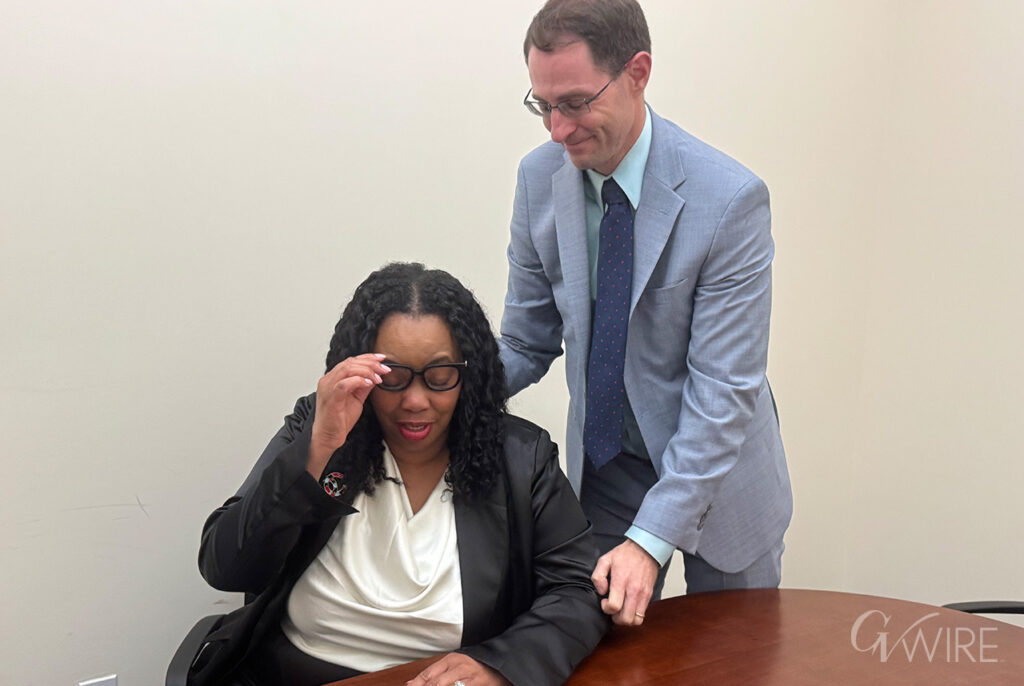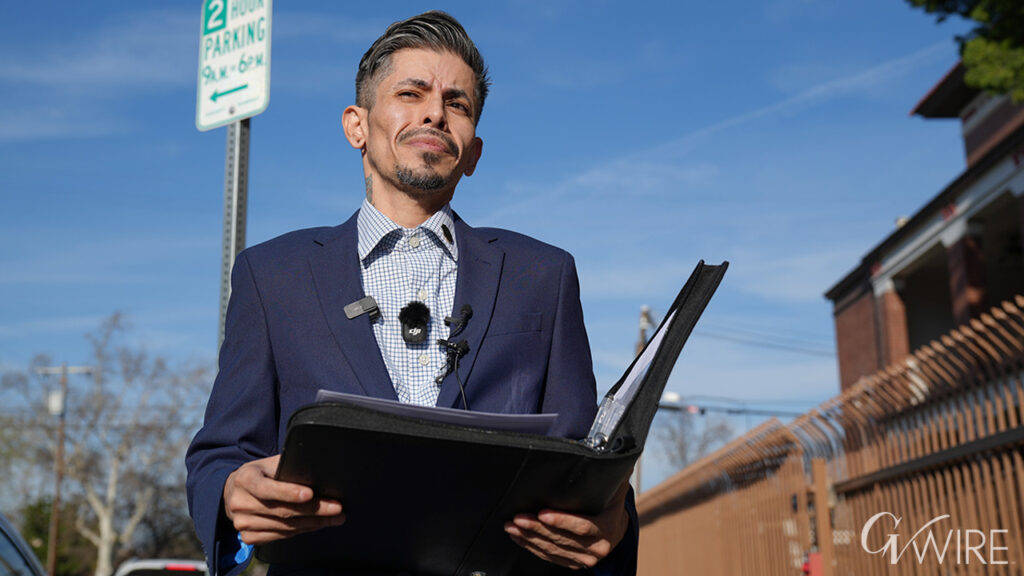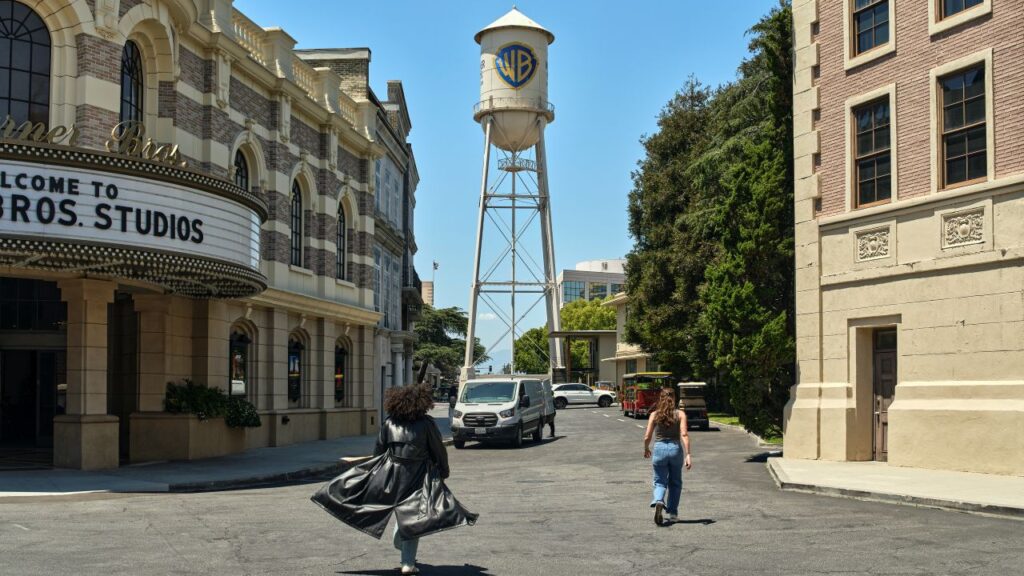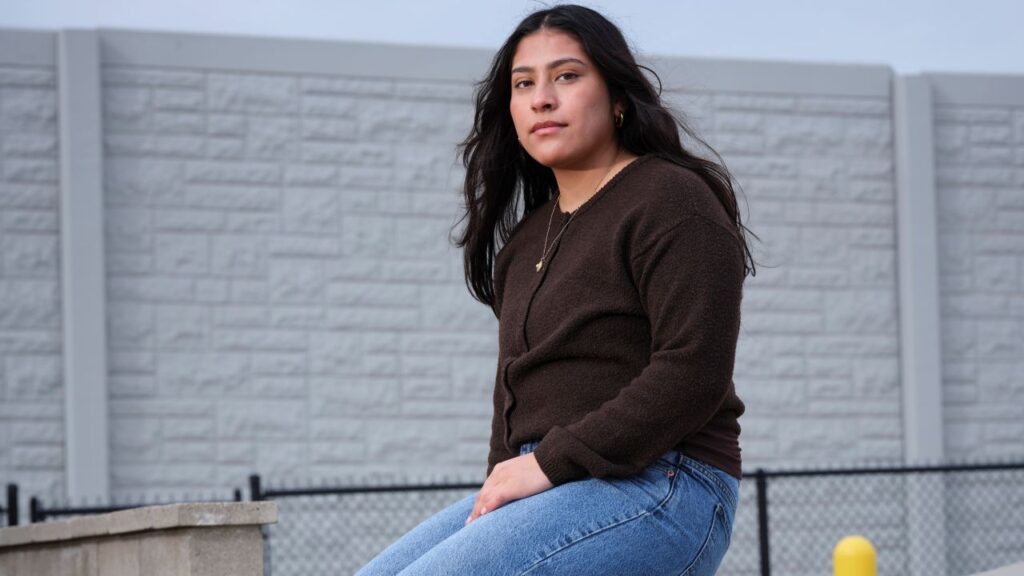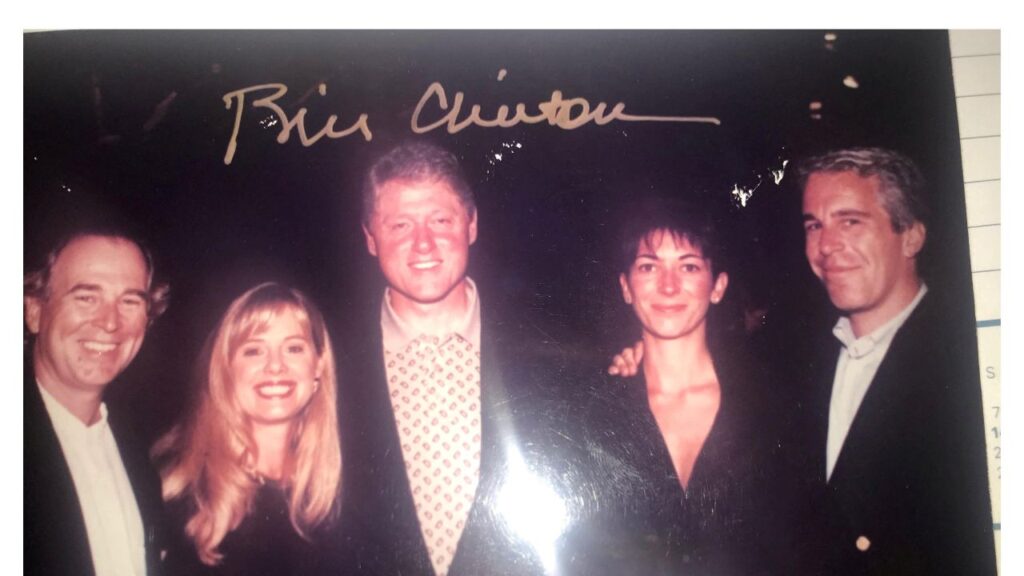Share
To clear up any confusion, let’s start with this: Measure A is not an up-or-down vote on allowing the cannabis industry within Fresno’s city limits.
Proposition 64, approved by voters statewide in 2016, permitted recreational use and the right to sell.
However, that right comes with caveats — such as a local jurisdiction setting regulations and how much to tax cannabis businesses.
On the Nov. 6 ballot, city voters will decide whether to approve a tax that would charge dispensaries up to 10% of gross sales and cultivators up to $12 per square foot.
For supporters, it is a matter of keeping tax revenue within the city. Staff reports predict such business licenses can generate $10 million in annual revenue.
Opponents don’t want any kind of green light for the green leaf. They say any regulation will allow a “Disneyland” of the marijuana industry.
Backers: Smart Local Control

“It is good regulation to allow our local city to take control of the regulation of marijuana.” — Measure A supporter Tal Cloud
“It is good regulation to allow our local city to take control of the regulation of marijuana,” conservative activist Tal Cloud said at an Oct. 25 news conference. Cloud added that Measure A aligns with Lincoln Club’s belief of local control.
Councilman Oliver Baines says the argument over whether or not to allow marijuana is over.
“We are no longer fighting the moral argument about cannabis. That issue has already been decided quite clearly by Californians and Fresnans,” Baines said. “I must stress that a ‘no’ vote on Measure A will never remove cannabis out of Fresno.”
Measure A, Baines says, allows the city to capture tax revenue and prevent those dollars going elsewhere.
Opponents: Measure A Deserves an ‘F’
Kim Castro, a Republican and anti-marijuana legalization advocate, chairs the campaign to defeat Measure A. She calls the proposal deceptive and dangerous for the city, and it would lead to a massive marijuana industry coming into Fresno, both medical and recreational.“This has everything to do with big, corporate marijuana. This has very little to do helping those with severe medical needs, like cancer, AIDS and glaucoma patients,” Castro said at a separate Oct. 25 news conference. She said Measure A will lead to “massive marijuana hubs, which have been nicknamed ‘Marijuana Disneyland.’ ”
Castro is concerned that opening Fresno’s doors to the marijuana business will lead to higher usage among the youth and environmental damage, citing an op-ed from U.S. Attorney Bob Troyer of Colorado.
“Taxes? Our youth are not for sale,” she said. “Why would we let big, corporate marijuana come in and target our most valuable asset?”
Pastor Eli Loera and Tyrone Carter joined Castro in the No on A campaign.
Bipartisan Push Behind Yes on A

Council Democrats Baines, Esmeralda Soria and Paul Caprioglio shared the spotlight with Oliver, a libertarian Republican, as well as two of the leaders of conservative Fresno — Mayor Lee Brand and the Lincoln Club’s Tal Cloud.
“Mayor Lee Brand makes no secret of the fact that his family has been touched by drug abuse in the past. And, Mayor Brand has a very conservative position when it comes to cannabis policy and law enforcement in our city. That is why it is so meaningful to me, that (Brand) is standing here with us,” Olivier said.
Michael Evans, the chairman of the Fresno County Democrats, also came out in support of Measure A.
“The fact that we have such broad, bipartisan support should be an indication that this is a good piece of public policy,” Olivier said.
But, conservative support is not universal. Fred Vanderhoof, chairman of the county Republican Party, says his group is against Measure A.
“There are many issues in life. We don’t agree with one another on every issue,” Vanderhoof said. “This is an issue where we don’t agree.”
Castro, supported Brand for mayor in 2016. They find themselves on opposite sides on Measure A.
“On this issue, I’m highly disappointed in Mayor Brand because I believe he has broken his promise to Fresno voters. He was against recreational marijuana dispensaries. However, he is giving a huge embrace, a huge welcome to big, corporate marijuana. And, that is highly disappointing,” she said.
Is the Tax Rate Right?
Measure A sets a tax rate ceiling of 10% on gross receipts.
Oliver says he realizes the consequences of setting a rate too high.
Josh Dratyon, communications and outreach director for the California Cannabis Industry Association says a 10% rate is too high and would keep cannabis businesses out of Fresno.
“Now that there are options throughout the state, that is what cannabis operators are looking for. They are looking for cities and counties that are willing to work with them,” Drayton said. He adds that businesses are likely to go with cities with lower tax rates.
Drayton also wondered if there has to be a separate business license tax at all. He offered this advice: “We recommend starting low. Encourage businesses to come into your area; if over time, that relationship between your city or county is successful, you can review.”
Spending Revenue
Under Measure A, 90% of the revenue goes into the General Fund. The remaining 10% will go into a special community benefit fund.
A newly created community benefit commission will make recommendations to the council on how to spend the money, based on criteria council will set.
The mayor will make two selections to the nine-member board, with the seven councilmembers appointing one member for each district.
Supporter JePahl White shared ideas where to spend the funds.
“We are hoping it can go to community organizations that can do youth outreach, drug outreach, and community awareness and education as well,” he said.
Combating Illicit Market
Measure A supporters say setting a regulation and taxation plan will combat illegal sales.
“(Police Chief Jerry Dyer) is confident that if we do this right we can dry out the roughly 100 illegal operations,” Brand said. “If we do this right, we have virtually a monopoly power to drive down price and drive out the black market.”
Brand sees this trickling down to stopping the street corner drug dealer as well.
Baines predicted that nothing would change with the illicit market if Measure A fails.
But, will those illicit retailers listen?
Weedmaps shows dozens of cannabis businesses operating within the city. GV Wire spoke with a few of them. None said that they knew about Measure A or whether they would comply if it passes. None was willing to comment for publication.
Campaign Financials
Early fundraising data shows the Yes on A campaign with nearly $40,000. The largest contributions are $9,900 from Greenbrier Industries of Merced and $9,500 from Apodaca’s Handyman Services.
No on A has not filed financial documents with the city.
Categories











